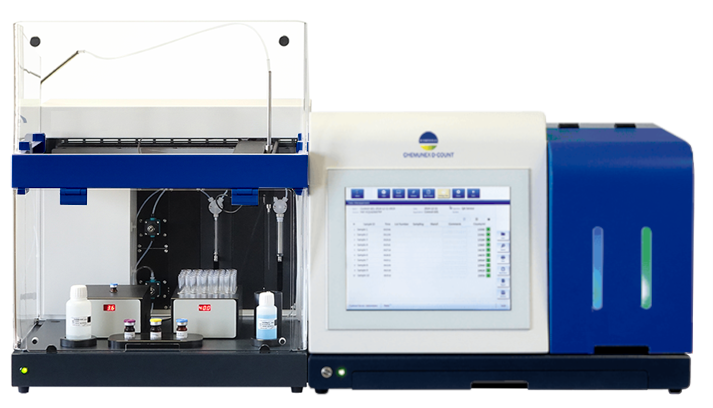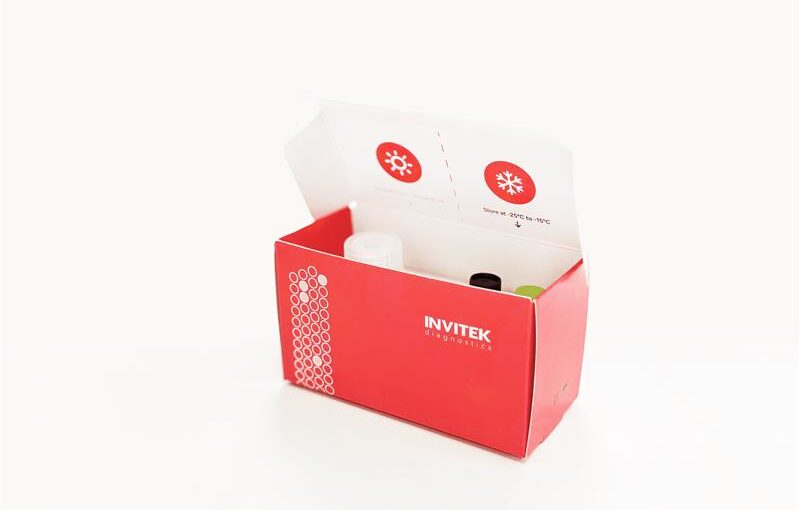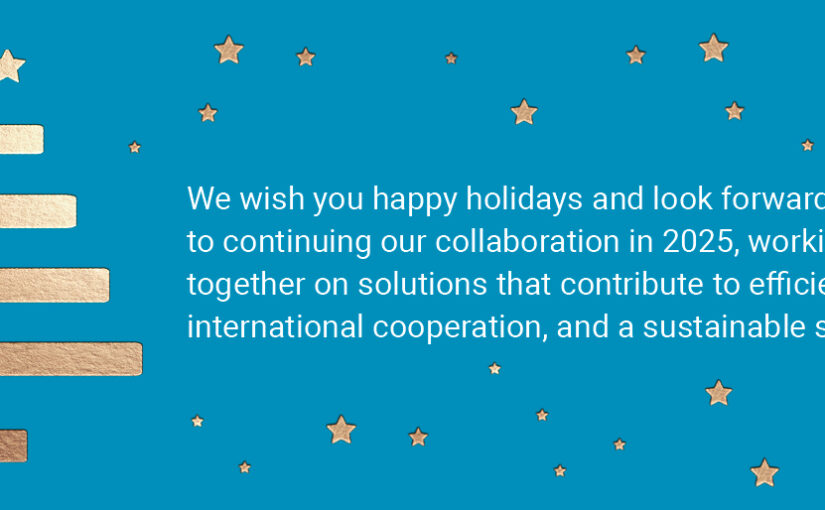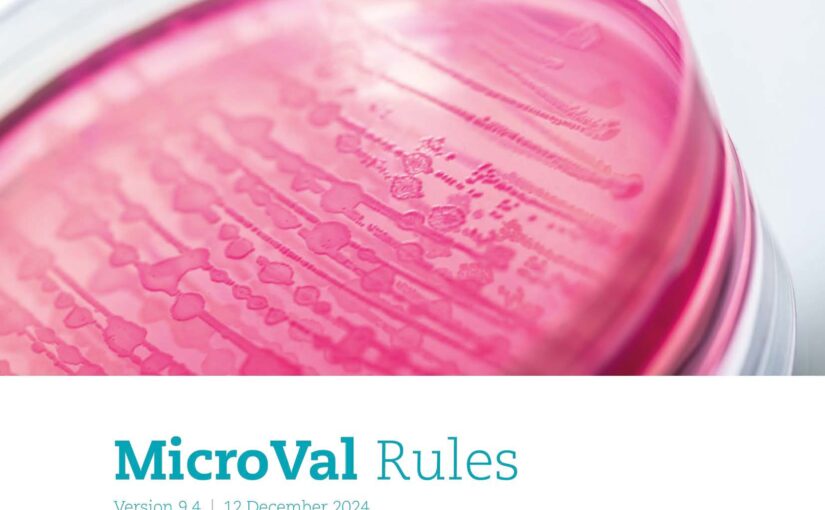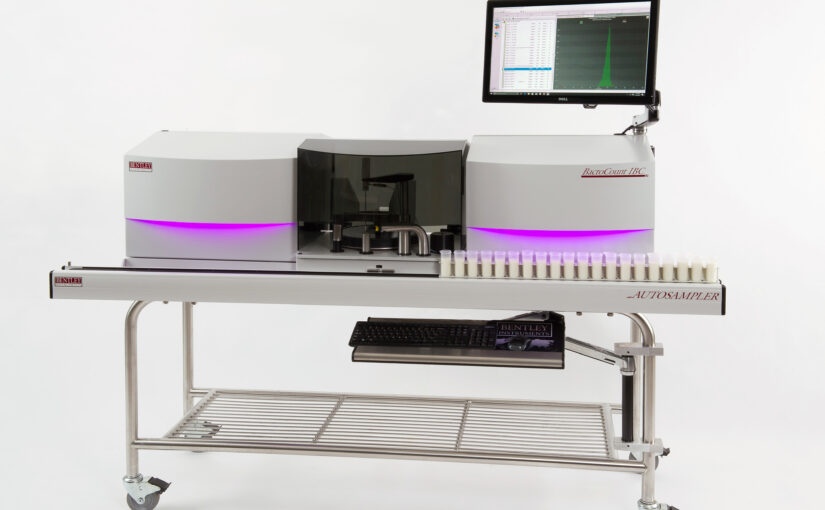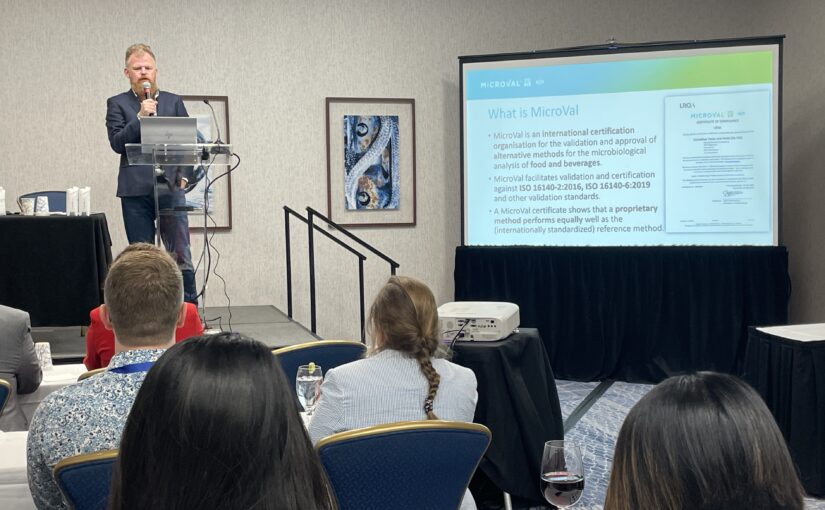MicroVal has approved the issuance of the certificate for BioMérieux’s D-COUNT. Microsept conducted the validation study to determine the commercial sterility of UHT-treated milks and UHT plant-based drinks.
D-COUNT Commercial Sterility Testing utilizes flow cytometry technology to detect all viable microorganisms in a sample through viability labeling and fluorescence detection. This rapid detection method involves a simple four-step process: The first 2 steps outside the system are product pre-incubation and sample preparation, following dedicated protocols. Then the products are transferred into the system for analysis. The analysis consists of cell labeling and cell counting, before displaying the results.
Microsept adhered to ISO 16140-2 as the validation standard and used the Codex Code of Hygienic Practice for Milk and Milk Products (CAC/RCP 57-2004) as the reference method. Specifically, they followed Appendix B: Microbiocidal Control Measures, Section 2.2: Process Management for UHT Treatment, using ISO 4833-1:2013 for the plate count at 30°C. The validation scope includes UHT-treated milks and UHT plant-based drinks.
The certificate and detailed summary report (number 2023LR126) are available on our website.
